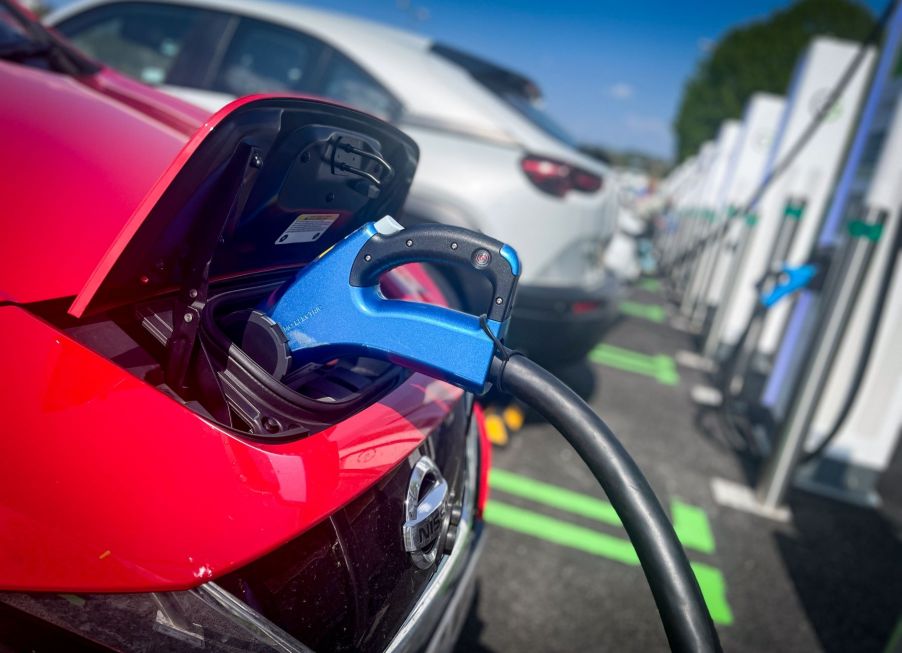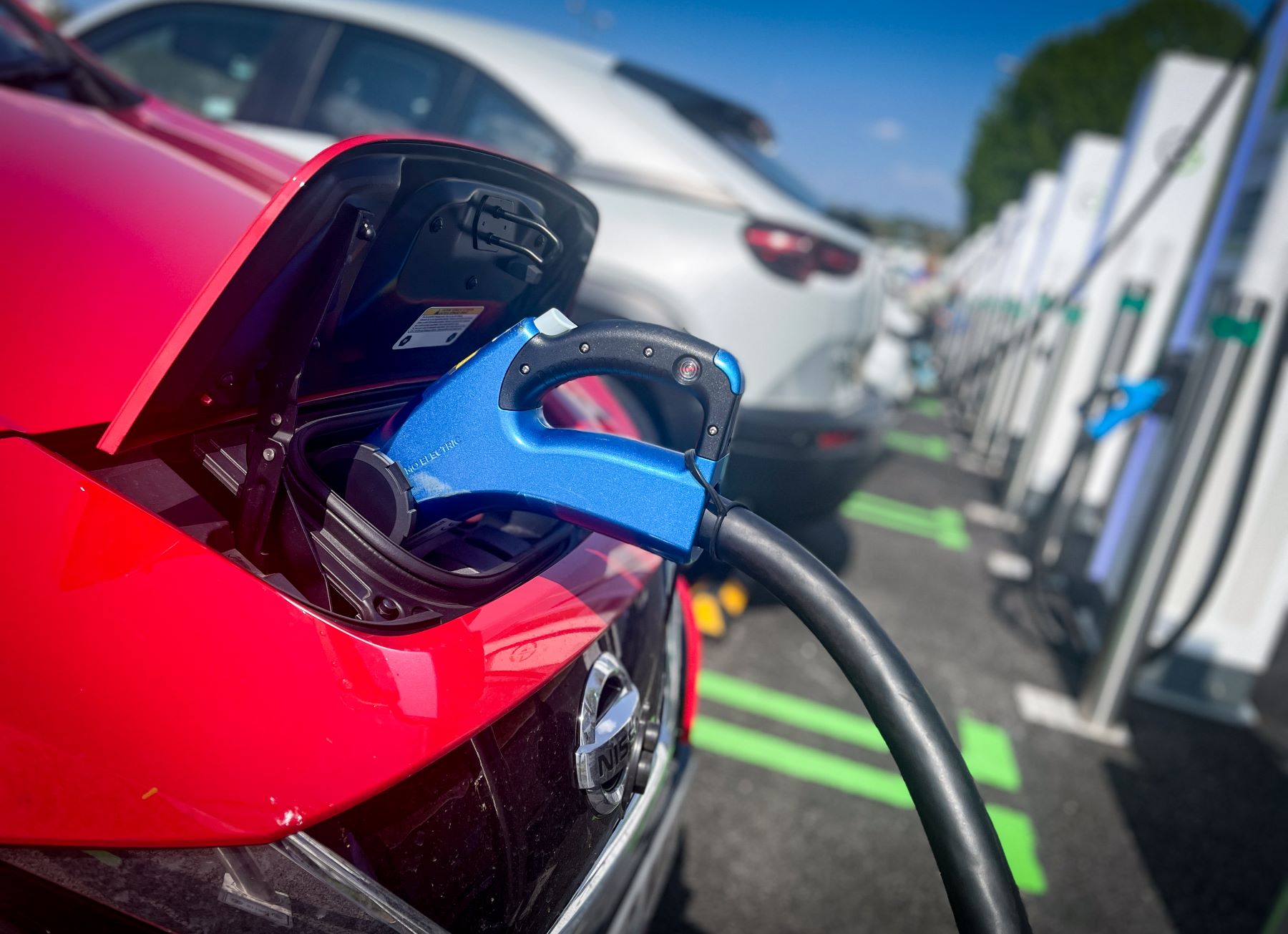
3 Reasons to Stop Charging Your EV Every Night
Across the country, more and more people are buying electric vehicles (EVs). The U.S. Department of Energy reports more than 600,000 all-electric vehicles and plug-in hybrids (PHEVs) were sold in 2021 – nearly double the 308,000 sold in 2020. The increased popularity means more people are charging cars instead of filling up on gas. Charging an EV at home is safe, but both Autotrader and Driving Electric state that you should not charge your EV every night.
Here are three reasons to avoid charging your EV overnight:
1. Reducing charging cycles helps battery life

Battery technology has improved and will continue to improve in the coming years. However, like the batteries in your laptop or phone, EV batteries are lithium-ion and will similarly degrade over time. Each cycle of EV charging puts stress on the battery consistently. Autotrader recommends waiting until it’s needed to get to your desired state of charge.
In contrast to phones and laptops, car lithium-ion batteries have a built-in buffer that keeps them from reaching true 0 or 100% charge. Manufacturers put this in to keep the biggest charging cycles from happening and causing the most damage.
Instead, Driving Electric recommends letting capacity get down to 10-20% before recharging to 80%. Though EV charging can be done quickly via rapid charging stations, going too high too often could cause damage in the long term. Autotrader recommends keeping charges between 30% and 80% of capacity.
2. The average driver goes 275 miles per week
Data from the U.S. Department of Transportation Federal Highway Administration in 2019 shows the average person drives about 275 miles per week. If that’s an accurate weekly distance for you, then there’s a good chance most electric vehicles can go a whole week without charging.
That distance is barely two-thirds of the range of some EVs. A Tesla Model S can clear 400 miles on a single charge, and the Audi e-tron S can go 372 miles. Inside EVs note that most EVs can go between 200 and 300 miles on a full charge.
Charging your EV at home weekly instead of on a nightly basis is more realistic and can keep your battery healthy for longer.
3. EV charging stations are becoming more common
Five to 10 years ago, scarcity in charging stations was a concern with EV charging. However, EV charging stations are more common in 2022.
A U.S. Department of Energy database shows there are more than 48,000 charging stations across the U.S. California has the most, with 14,583, followed by New York (2,942) and Texas (2,748). EV charging station costs vary by state, but a typical average is 18 cents per kWh. That means the average cost for a full charge can range between $15-20.
The ease of access means you can likely charge your car in more public places in a pinch if needed. Relying on EV charging at home is not as big of a deal.
Rapid EV charging stations can help higher-mileage drivers. However, Driving Electric notes they are not good for your battery in the long run. Instead, slow-charging whenever possible is best.
Does frequent charging damage an EV battery?
Even though battery technology has advanced over the past five years, frequent charging can still cause wear on an EV’s battery. The range you can get with a typical EV means you don’t need to charge it every night. With some EVs, you may not even need to charge them every week.
Battery degradation is something to consider; older models have more degradation per year than newer ones. A study by Select Car Leasing shows some models have lower degradation than others as well. The 2019 Chevrolet Bolt EV showed no degradation over one year. The 2017 Audi A3 Sportback e-tron, 2019 Tesla Model 3 and Model X, 2019 Nissan Leaf, and 2019 BMW i3 all had less than 1% degradation over one year. In contrast, the 2019 Mitsubishi Outlander PHEV had 4.1%, and the 2019 Kia Niro PHEV had 3.5%.


